-
KOSPI 2601.80 -1.62 -0.06%
-
KOSDAQ 715.55 +1.80 +0.25%
-
KOSPI200 347.02 +0.45 +0.13%
-
USD/KRW 1398 -4.00 0.29%
Tuesday May 20, 2025
Growing sense of déjà vu of 2008 global financial crisis
Private equity
Growing sense of déjà vu of 2008 global financial crisis
Declining market values fuel fears of losses from PEFs' liquidity-driven investments
By
Aug 22, 2022 (Gmt+09:00)
4
Min read
News+
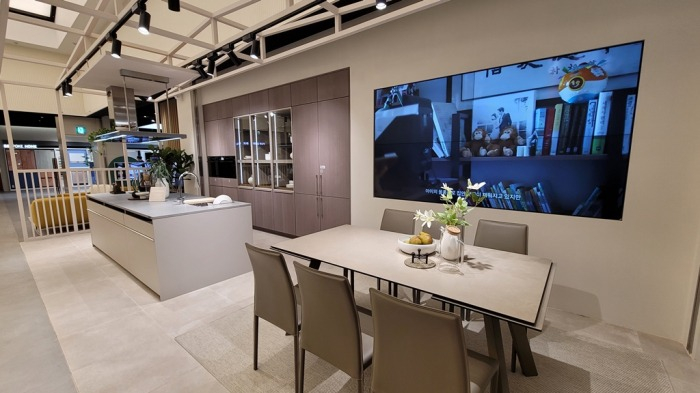
Private equity firms have snapped up South Korean assets over the past two years, driving their valuations near historic highs in the liquidity-driven market.
Now a reverse in the market is fueling fears that PE houses could repeat what they did in the wake of the 2007-08 global financial crisis: fire sales, or sit on their investments much longer than expected.
Since the COVID-19 pandemic struck, private equity firms had participated in 19 management buyout deals in South Korea each worth more than 500 billion won ($373 million). The deals came to 16 trillion won ($12 billion) in aggregate.
In 2021 alone, PE firms poured 27.3 trillion won into 630 Korean companies, according to the Financial Supervisory Service. That was a 33% increase from the previous year’s 18.1 trillion won.
Behind their heavy investments were heavy money inflows from pension funds.
Last year alone, the National Pension Service and other major Korean pension funds committed 116.1 trillion won in aggregate to PE firms registered in South Korea.
The figure was a 20% increase from the 96.7 trillion won they received from pension funds in 2021 and almost a 40% jump compared with the 2019 figure.
VALUATIONS
Accordingly, valuations at which PE firms invested in Korean companies have swelled to 15 to 20 times their EBITDA, or earnings before interest, tax, depreciation and amortization.
That compared with the pre-pandemic levels of between 10 and 15 times, according to Aug. 22 analysis from Market Insight, the capital market news provider of The Korea Economic Daily.
As an example, Seoul-based IMM Private Equity purchased a controlling stake in Hanssem Co., South Korea’s largest furniture and home furnishing company for 1.4 trillion won, jointly with Lotte Shopping Co. last year.
IMM valued Hanssem at 20 times the EBITDA of the previous year.
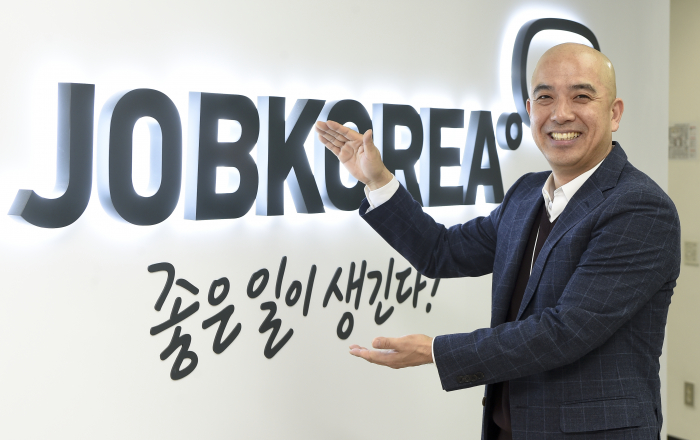
Affinity Equity Partners took over 100% of South Korea’s top recruitment portal JobKorea at 17 times EBITDA, or for 900 billion won.
Bain Capital also paid 21 times EBTDA to buy a majority stake in Classys Inc., a South Korean medical aesthetic device manufacturer for 670 billion won.
Other major PEF-led deals in 2021 include Carlyle Group’s acquisition of South Korea’s No. 2 coffeehouse chain A Twosome Place for about 1 trillion won and Seoul-based Centroid Investment Partners’ 1.9 trillion won purchase of US sports equipment manufacturing firm TaylorMade Golf Co.
In 2020, SkyLake Investment Co. purchased management rights of Doosan Solus Co. Ltd., a copper foil and OLED materials maker, for about 700 billion won.
FALLING SHARE PRICES
Since the start of this year, those companies acquired by PE firms saw their values nosediving amid fears of an economic downturn.
The share price of Hanssem plummeted to 55,000 won as of Aug. 19's market close, just a quarter of the 220,000 won at which IMM PE purchased the furniture brand.
Shares in KoreaCenter, an e-commerce platform bought by MBK Partners, slid to 6,190 won as of Friday's market finish. That was down 40%, compared with the 8,676 per share paid by MBK last year.
Hugel Inc., the country’s top botox maker, suffered more than a 50% plunge to 125,600 won in its share price. That compared with the 280,000 won at which IMM PE participated in a consortium to buy the management rights of the country’s top botox maker.
Shares in PI Advanced Materials Co. halved as well. Hong Kong-based Baring Private Equity Asia bought management rights of the world’s largest polyimide film manufacturer for 1.3 trillion won ($1 billion).
Their share performances may bring a sense of déjà vu. Back in the late 2000s, PE juggernauts such as KKR, Carlyle and Blackstone chalked up almost 20% losses from their investments made before the 2008 financial crisis swept through global markets.
In Korea, homegrown PE firms had a hard time exiting their investments made between 2005 and 2007.
Among the primary examples of investment flops were D’live, a cable network operator, and HK Savings Bank both acquired by MBK; and LG Siltron, a semiconductor wafer manufacturer acquired by Vogo Fund and KTB Private Equity.
If they repeat the same mistake caused by paying too high premiums, it might be blamed on “an increased optimism by investors and a relaxation of investment discipline due to fear of missing out on the opportunity.” Richard Miller, group managing director of the Los Angeles-headquartered TCW Private Credit Group said last month.
Write to Jun-Ho Cha and Tae-Ho Lee at chacha@hankyung.com
Yeonhee Kim edited this article.
More To Read
-
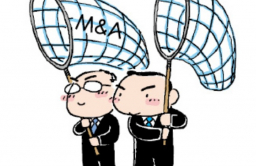 Private equitySmall S.Korean PE firms flex muscle during pandemic
Private equitySmall S.Korean PE firms flex muscle during pandemicJul 06, 2022 (Gmt+09:00)
-
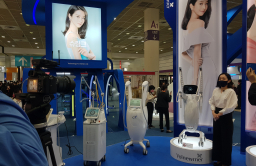 Mergers & AcquisitionsBain Capital seals 3rd beauty M&A deal in S.Korea
Mergers & AcquisitionsBain Capital seals 3rd beauty M&A deal in S.KoreaJan 26, 2022 (Gmt+09:00)
-
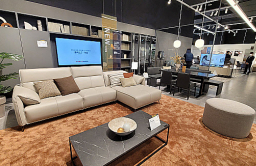 Mergers & AcquisitionsLotte Shopping to acquire furniture maker Hanssem with IMM PE
Mergers & AcquisitionsLotte Shopping to acquire furniture maker Hanssem with IMM PESep 10, 2021 (Gmt+09:00)


